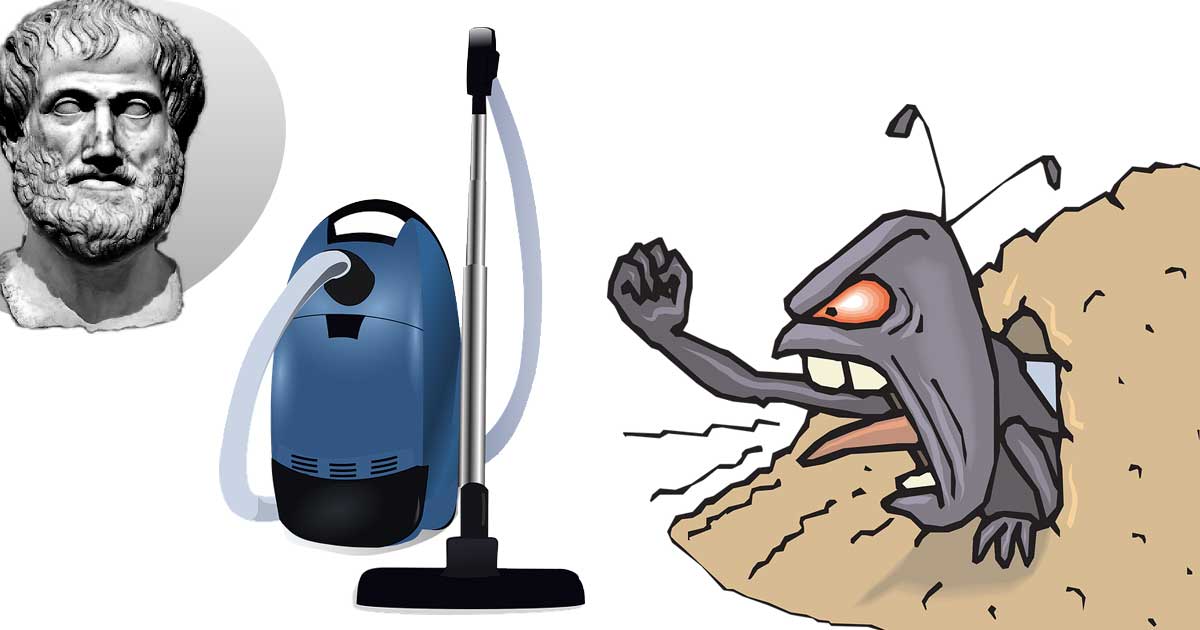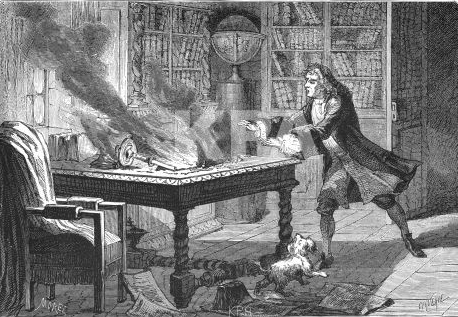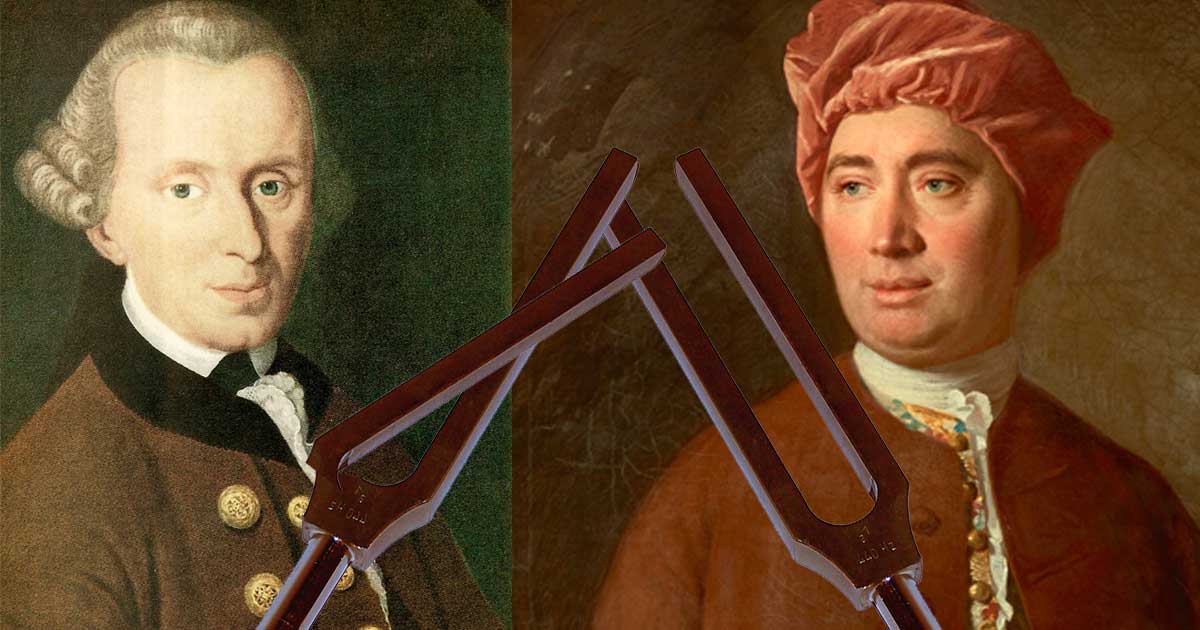Nature Abhors a Vacuum

Aristotle once postulated “horror vacui” (Nature Abhors a Vacuum). It turns out nature really can’t stand a perfect vacuum.
An astronomer is a scientist who studies celestial objects.

Aristotle once postulated “horror vacui” (Nature Abhors a Vacuum). It turns out nature really can’t stand a perfect vacuum.

Isaac Newton produced many well-known works in math, astronomy, and physics, but he produced about as many unpublished works which dealt with theology, alchemy, and the occult.

Kant predicted the effect of tides on the earth’s rotation, the composition of nebulae and the solar system, and a multi-galaxy universe in 1755; his theories weren’t fully confirmed until the 1900’s.

Sir Isaac Newton can be said to have discovered the laws of motion, but more accurately, he refined the work of Aristotle, Galileo, Descartes, and others.

The telescope is credited to Hans Lippershey in 1608. The following year Italian astronomer Galileo Galilei began making improvements to its design.